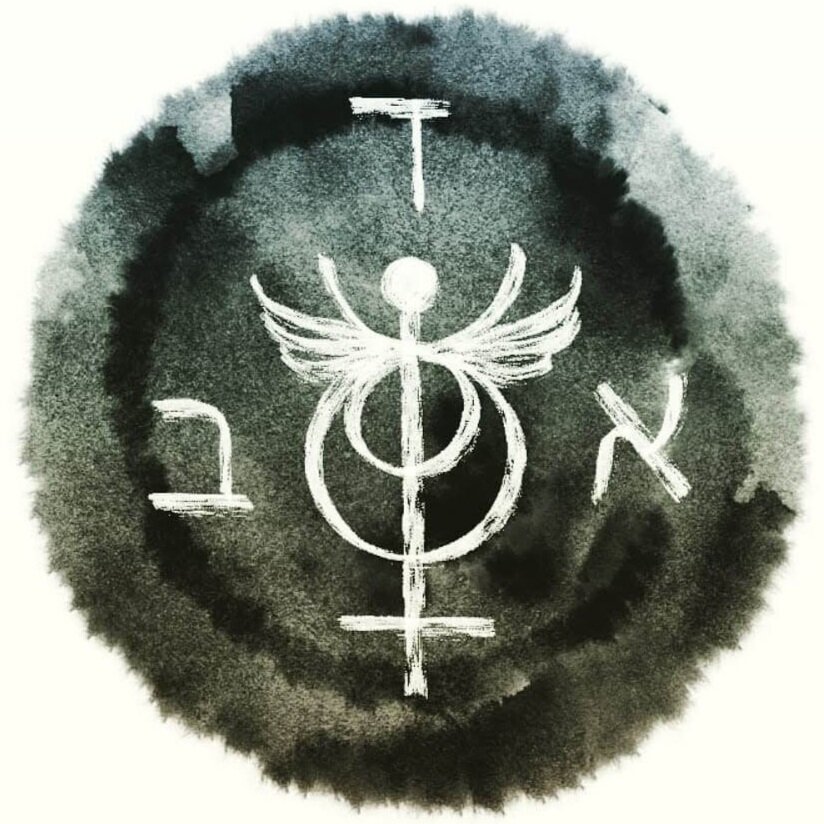Monster Theory by Jeffery Cohen
The specific form a monster takes is not arbitrary. According to Cohen, "the monster is always a product of its historical and cultural context"[1]. A society’s anxieties are reflected in the monstrous figures it creates. For example, a monstrous creature symbolizing technological advancement might embody anxieties about the blurring lines between humans and machines. By analyzing monstrous forms, we gain insight into the underlying concerns and anxieties of a particular society or historical period.
Cohen also explores the concept of the monstrous double, a monstrous figure that bears a disturbing resemblance to a human character. This doubling can highlight repressed aspects of the human psyche, forcing characters and readers alike to confront the darkness that may lurk within.[2] The monstrous double challenges us to question our own definitions of humanity and the boundaries between self and other. This presence raises important questions about the nature of humanity and the moral responsibilities that come with it. Are we defined by our actions, or are we inherently monstrous beings capable of great evil? By exploring these questions through the lens of the monstrous double, we are compelled to reevaluate our own moral compass and consider the implications of our choices on both a personal and societal level.
At its core, the concept of the monstrous double compels us to confront the darkness that resides within us and in the world. It acts as a potent reminder of the intricate nature of humanity and the perpetual battle between light and shadow, good and evil. This confrontation invites us on a journey of self-discovery and introspection, leading to a deeper comprehension of what it truly means to be human. It prompts us to consider our own capacity for darkness and the choices we make in light of this understanding, thereby encouraging personal reflection and self-evaluation.
The monstrous, far from being a mere source of horror, serves as a potent tool for exploring anxieties, critiquing societal norms, and revealing the complexities of the human experience. By examining the monstrous through the lens of Cohen's 7 Theses, we gain a deeper appreciation for the power and significance of these unsettling yet fascinating creatures.
[1] Cohen, Monster Theory, 12
[2] Cohen, Monster Theory, 14
